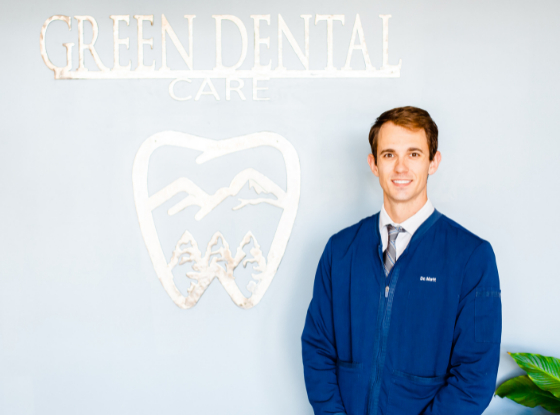Post Root Canal Instructions
41,000 root canals are being performed daily in the U.S, which sums up to around 15 million procedures per year. For those patients whose teeth cannot be saved by a simple filling, a root canal is a perfect option for them. So, what exactly is a root canal? A root canal is a dental procedure that focuses on removing damage to the interior pulp so that the natural tooth is reinforced and protected from any possible future damages to the teeth.
Those patients who follow their dentist’s instructions on how to take care of their teeth after the root canal are the ones most likely to not face problems later on.
Post Root Canal Instructions
If you are going to undergo a root canal, it is in your best interest to follow these aftercare instructions.
Following these instructions will help speed up the recovery time after the procedure.
DO’s DON’Ts
| Keep up with hygiene | Brush overly aggressively |
| Take non-prescription pain relievers as needed | Avoid signs of complications; call your dentist |
| Avoid stress on the tooth | Chew hard/crunchy foods |
| Get the crown placed as soon as possible | Avoid or skip follow -up appointments |
Reduce Stress on the Tooth
The tooth is unprotected until the crown is placed so, it is best to avoid chewing on that side of your mouth so that the amount of stress placed on that tooth is minimized.
Brush Teeth Gently
After the procedure, the tooth needs proper care. Hence, you have to be careful while brushing and flossing in the treated area. When trying to floss this particular area, you may face some difficulty so, take your time and be patient. You can also consult your dentist when you are having difficulty in dealing with your tooth that was operated on.
Choose Soft Foods
We asked our friends Dr. Jordan Smith, a dentist in Georgetown, KY, about post root canal instructions. Dr. Smith says eating soft foods is a must. After having a root canal, you may be curious about what to eat. Patients can eat normal foods whenever they think they’re ready but, it is advised to stick to soft foods and avoid hard or crunchy foods.
Get the Crown Placed
The structure of your tooth is weakened by the root canal because during the procedure the interior portion of your tooth is removed.
Treat Discomfort as Needed
Due to advancements in techniques and pain management, the patients in today’s day should not be worried before undergoing the root canal therapy. At Green Dental Care, we help patients preserve their natural teeth with our modern restorative procedures after the treatment is complete. The most advanced pain relief techniques, such as sedation, are used by our team of specialists, Dr. Christopher Green and Dr. Andrei Ionescu, to ensure that the whole process is pain-free for the patient as patient satisfaction is our top priority.
To take care of any discomfort you may take pain relievers. Non-prescription, anti-inflammatory medicine such as acetaminophen (Tylenol) or ibuprofen will help in removing the pain you’ll feel the first few days after the procedure
Why Root Canal Aftercare is Important
Root canal procedures, in general, are rather routine procedures that offer promising outcomes. The fact that it affects the structure of the root, is the reason why it’s aftercare should not be overlooked. There are certain rules that the patient needs to follow to guarantee a successful recovery.
Sadly, some patients lose teeth after a root canal because the tooth splits or gets fractured. If a tooth gets fractured, there is no way to save it and it will need extraction. In most cases, the teeth require a protective dental crown. Patients who do not visit the dentist for dental crown placement over time, risk fracturing their teeth.
What to Expect After a Root Canal?
As mentioned above, there is little to no pain during the root canal procedure. The mild discomfort that the patients feel is mostly related to bruised tissue around the operated tooth. This pain usually goes away in about two to three days after the procedure, but if this is not true in your case and the pain is increasing, then it can be a sign of a problem and you should contact Green Dental Care about this issue immediately.
After the root canal is complete, the purpose of your next visit will be just to make sure things are running smoothly and there aren’t any complications. Skipping these visits can lead to possible tooth infection.














